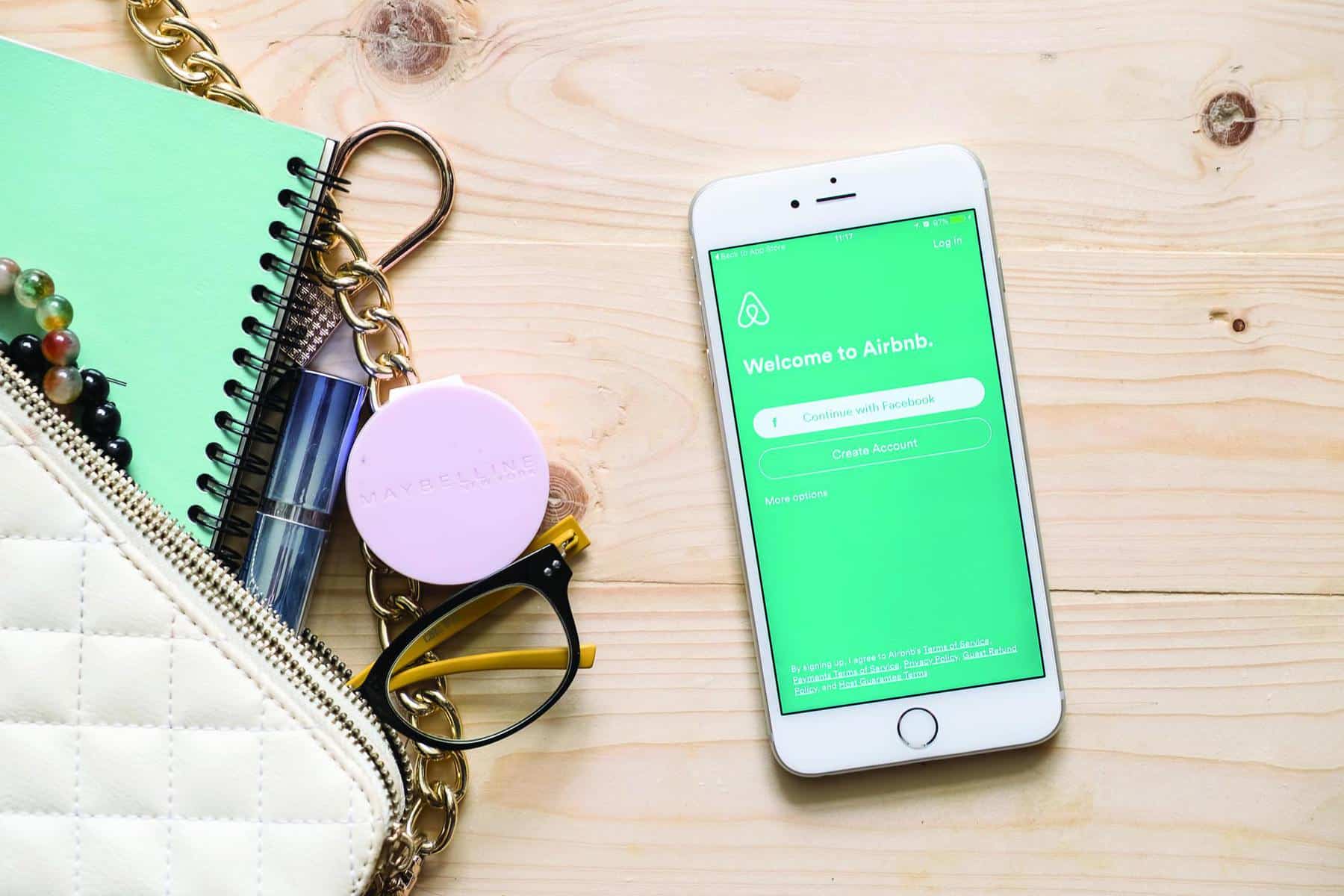
Does a recent report suggest that Airbnb will continue to disrupt the B&B sector?
In July 2016, Airbnb surpassed 100 million guests – a figure industry commentators suggested would only add to the youthful accommodation business’s mounting growing pains.
Airbnb is now worth as much as industry stalwarts Hilton and Hyatt combined. Not bad for a San Francisco-based internet business that quietly began operating in 2008, entering a marketing swimming with big name alternatives and trusted suppliers of accommodation.
The service has evolved considerably since those early days. And there’s no getting away from it – Airbnb remains a thorn in the side for B&B operators the world over. Their offering is a little too close for comfort for many, but different enough to present some challenging competitive offerings.
I recently came across a report by global data benchmarking firm STR that revealed a number of fascinating statistics relating to hotels and Airbnb. In today’s column, I’ve picked out three areas from the report that suggest Airbnb may continue to disrupt the B&B sector.
Changes in guest behaviour
According to STR, the average age of an Airbnb guest is 35, with 53% of all guests being female. By comparison, 50% of hotel guests range from 35 to 54 on average, with 53% of them being male.
Clearly, Airbnb guests are demographically different to ‘traditional’ guests and with leisure breaks making up most of their reservations, what Airbnb-influenced expectations are such guests like to bring back to B&Bs? Lower rates? More homely accommodation without any form of attentive service? It’s possible.
Average daily rates
Airbnb’s biggest market, Paris, was the only city on the planet not to see an increase in average daily hotel rates for the year ending July 2016.
The reason isn’t particularly clear, but it’s fair to assume that the myriad of bottom-end accommodation offerings from Airbnb and their dominance in one particular city will have had something to do with an average daily rate that simply wouldn’t budge.
Skewed growth rates
I’ll finished here, because, as the STR report proves, big numbers aren’t always what they seem.
For example, even though demand for Airbnb accommodation in Tokyo tripled last year, STR found that hotels saw just a 3.2% growth for the same period. Frightening? Not necessarily – Airbnb data generally starts at a very low base due to the fact it is still – when compared to hotels and B&Bs – a young upstart in this industry.
Unfortunately, big numbers encourage click-throughs and sell papers, and as a result, Airbnb looks set to dominate the hospitality headlines for a while yet, regardless of how skewed the figures may be.
The key question is whether or not Airbnb can sustain its levels of growth. Only time – and the desires of its guests – will tell.
